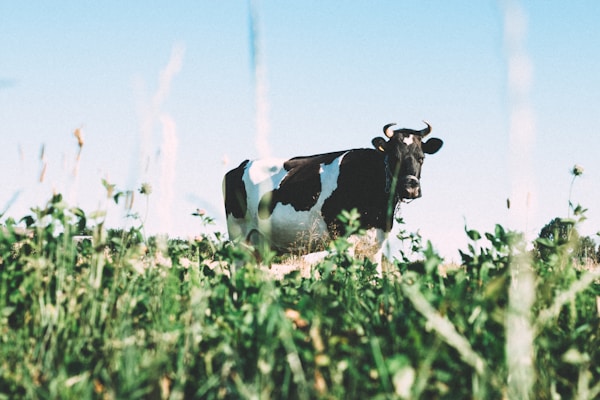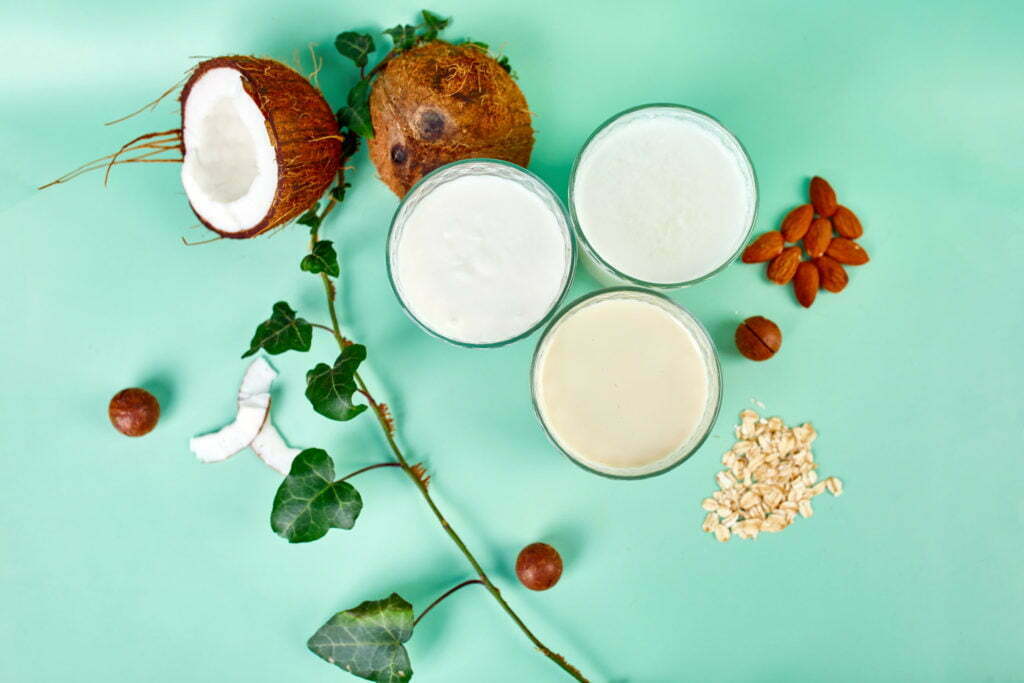Milk alternatives have risen in popularity over the years. As people turn to these alternatives for various reasons, including health, environmental, and ethical concerns, dairy milk continues to fall out of flavor. If you’re eager to learn more about milk alternatives, check out this guide to learn more about their rising impact on the dairy industry.
Milk alternatives are better for the environment.

Milk alternatives are much better for the climate than dairy milk. While the lack of dairy is one significant factor that helps reduce its climate footprint, many milk alternatives also use sustainable packaging. Unlike dairy milk, which often comes in plastic jugs, milk alternatives like Striveforbetter Milk come in recyclable packaging that uses renewable materials and emits fewer greenhouse gas emissions.
In comparison, dairy farming is one of the most environmentally damaging forms of agriculture. It requires large amounts of water and land, produces significant greenhouse gases, and causes widespread soil erosion. Dairy cows also need a lot of land and resources. They eat a lot of feed, which requires fertilizers and pesticides to grow, and produce a lot of manure, contaminating waterways. Dairy cows also produce a lot of methane and nitrous oxide, two powerful greenhouse gases. In fact, the dairy industry is one of the biggest sources of methane emissions in the United States. Additionally, cows are often treated with hormones and antibiotics, which end up in milk and beef. These hormones and antibiotics can adversely affect human health and the environment.
Milk alternatives are often lower in calories and fat than dairy milk.
More people are choosing milk alternatives such as soy, almond, and rice milk because they are often lower in calories and fat than regular cow’s milk. Most only have 25 to 63 percent of the fat in a single cup of cow milk. They’re also lower in sugar and are typically enriched with nutrients like protein and calcium. Soy and almond milk are popular examples of alternative milk containing excellent amounts of protein, fiber, vitamin D, and calcium.
Milk alternatives are better for animal welfare.

When it comes to the dairy industry, there is a lot of debate about the treatment of animals. One of the major issues with dairy is that the cows are kept in a state of constant pregnancy, which is necessary to produce a high volume of milk, but it also leads to a lot of stress for the cows. Additionally, the calves are taken away from their mothers soon after birth. This can cause the calves to suffer from emotional distress, and it can also lead to health problems. Cramped and dirty conditions are common among dairy farms and impact other farm animals that produce milk, like goats. All of these factors together make the dairy industry one of the worst offenders regarding animal welfare. Switching to milk alternatives is an excellent way to stop supporting these unfair conditions.
Milk alternatives taste great.
The fantastic thing about milk alternatives is that they come in various flavors and versions. For example, many oat milk brands have a coffee creamer version of their original oat milk. Plus, plenty of brands incorporate fun and unique flavors into their milk products, like cocoa and cinnamon. More notably, plant-based and dairy milk often have no discernable difference in tastes. Many milk alternatives taste creamier and more delicious than regular dairy milk. This is a great benefit that helps people, especially children, who are used to the taste of dairy, become accustomed to milk alternatives.
Overall, there are many reasons why more and more people are choosing milk alternatives. From health to environmental concerns, it’s no surprise that people are ditching dairy. So, if you’re curious about milk alternatives, try different types and find one that suits your taste.




